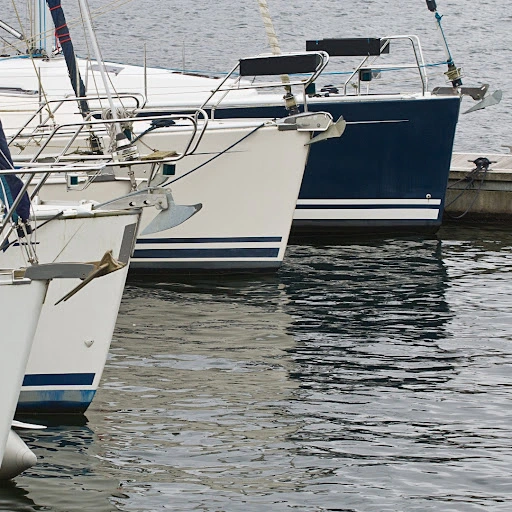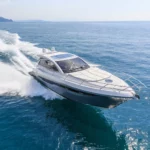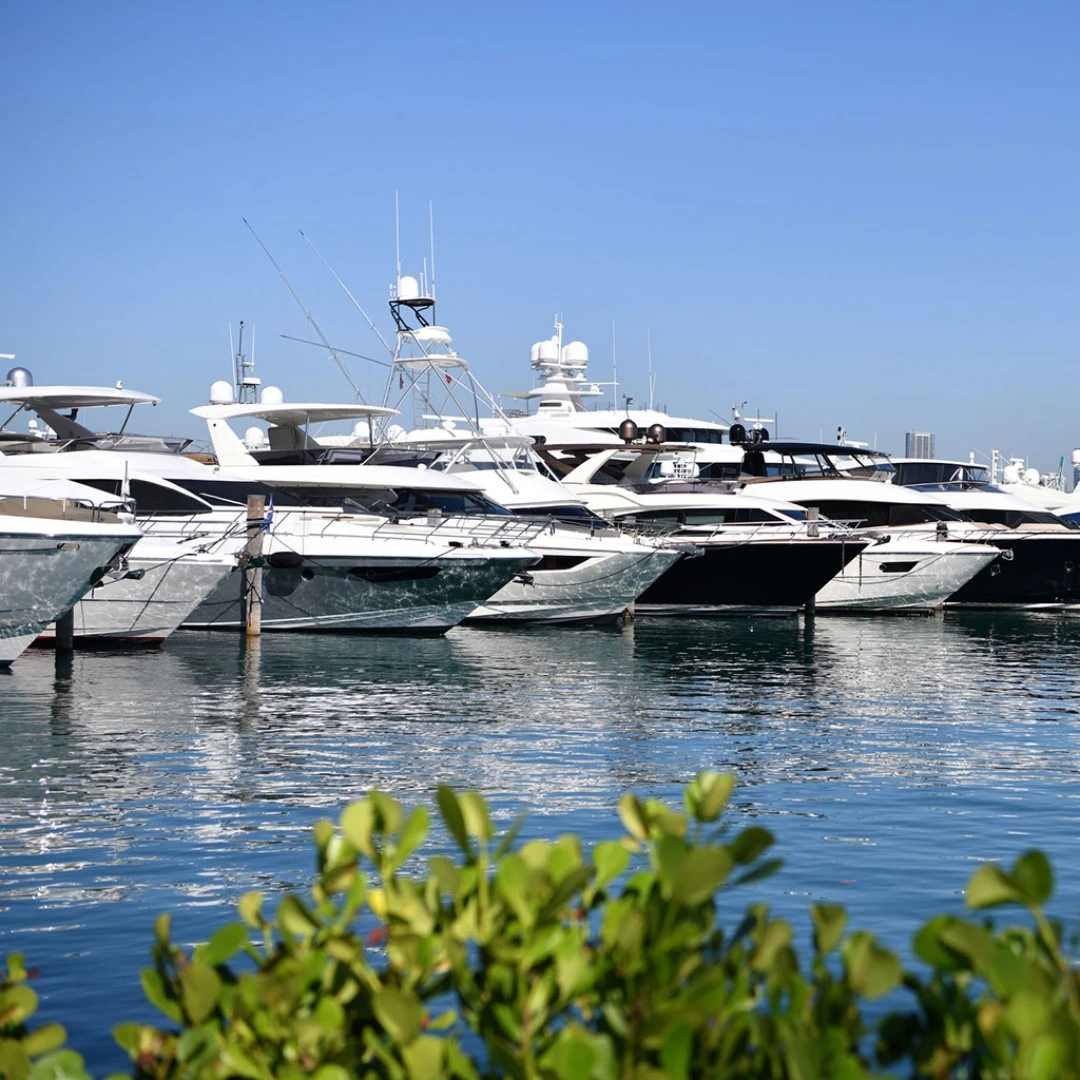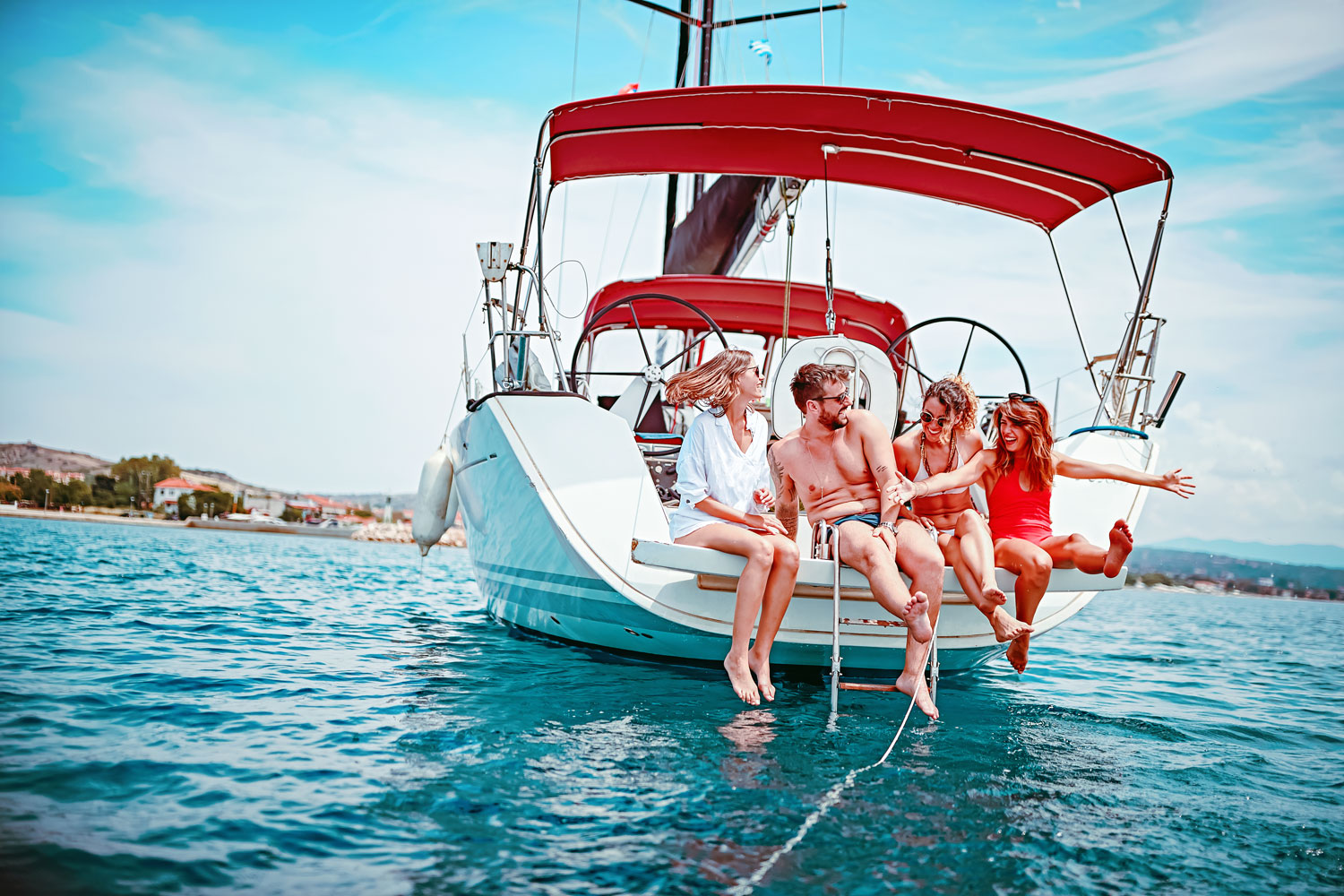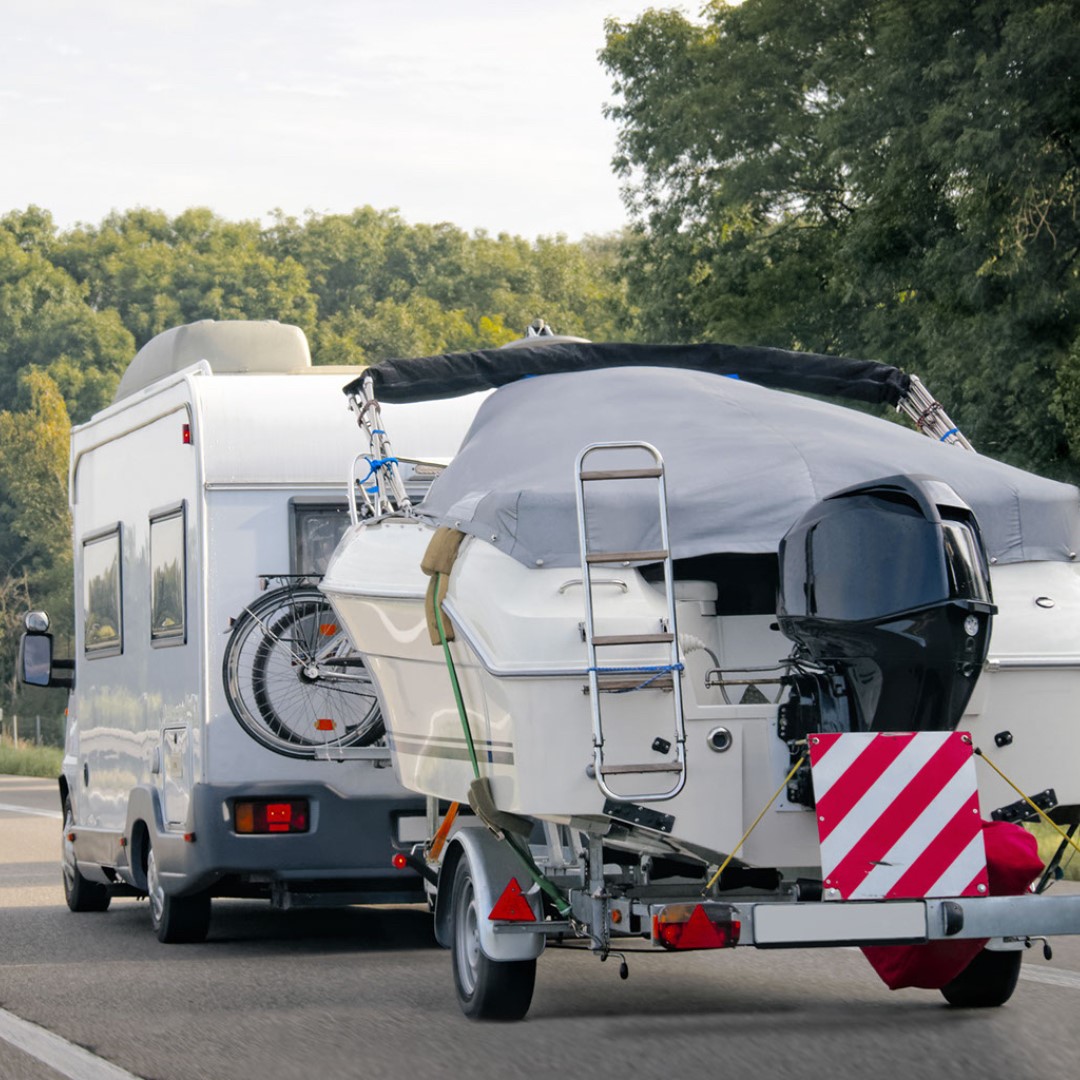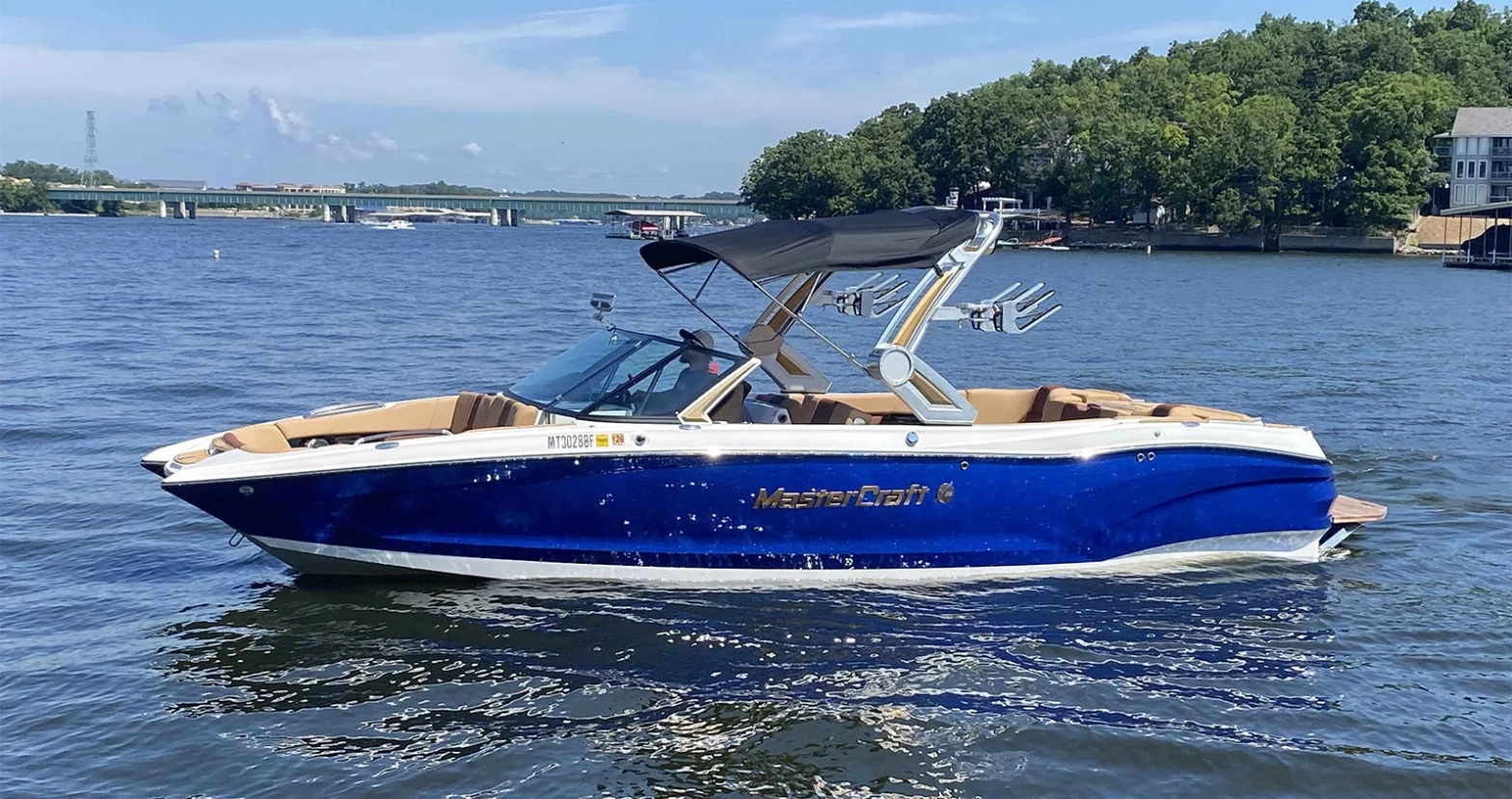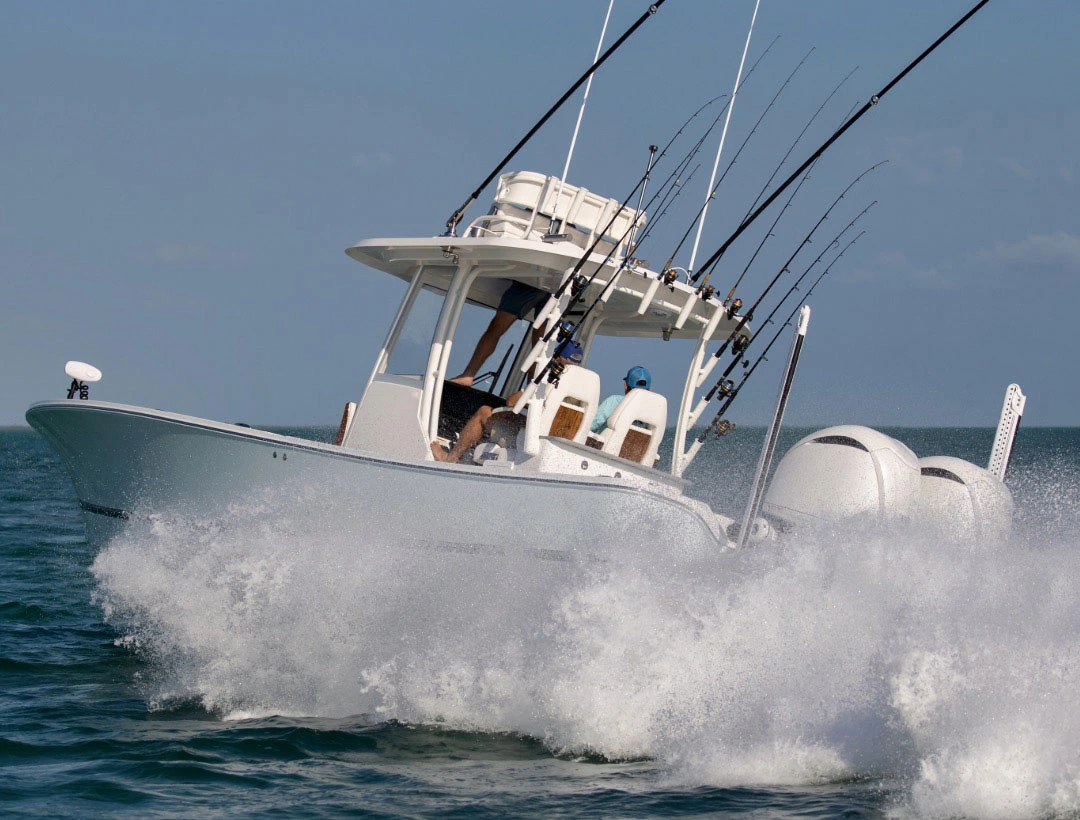Trading in assets is a common practice, whether it’s trading in a car for a new one or exchanging items of value. But have you ever wondered if you can trade in your beloved boat for a car or another item? Did you know that some boat owners have successfully traded their watercraft for luxury vacations or rare collectibles?
There have been instances where boat owners have successfully traded their boats for various items beyond the typical trade-in options. These cases exemplify the creative and diverse possibilities that trading can offer. However, it’s important to note that such trades might not be the norm and can heavily depend on individual negotiations, market conditions, and the willingness of the parties involved to explore unconventional trade options. This goes to show the diverse range of items that can be obtained through innovative trading practices.
In this article, we delve into the world of trading boats for other assets, exploring the factors that influence this practice and shedding light on whether it’s a viable option for you.
Valuation and Considerations:
Trading in a boat for a car or any other item requires careful consideration. Just like trading in a car, several key factors come into play:
- Valuation: Determining your boat’s current market value is the first step. The age, make, model, condition, and added features all impact its worth. The adage about value based on “what the market will bear” naturally depends on supply and demand for comparable boats, so it’s a good idea to know about your boat’s market value beforehand.
- Dealer Policies: Dealerships and businesses have different policies regarding trades. Some may specialize in specific trades, so it’s crucial to inquire about trade-in options and terms.
- Negotiation: It’s common to negotiate the value of your boat. Pointing out its features and any enhancements you’ve done can make it more valuable.
- Paperwork: Proper documentation, including the boat’s title, registration, maintenance history, and warranties, is essential for a smooth trade. Getting a Boat History Report helps buyers in avoiding problems when purchasing a used boat, like hidden damage. You can check by the Hull Identification Number (HIN), State Registration Number, or USCG Documentation.
The Trade-in Process:
While trading in boats for items other than cars isn’t as common, it’s a practice that occurs. The frequency of such trades is influenced by several factors:
- Market Demand: How often these trades happen depends on how much people really want both the boats and the things they’re trading them for. If there’s a strong desire for both, then these trades become more common.
- Dealer Specialization: Dealerships that specialize in trading various recreational items, ( such as boats, RVs, etc ) can lead to more of these trades taking place.
- Economic Factors: Changes in the economy and trends can prompt people to consider innovative trades to enhance what they own and get things they need.
- Geographic Influence: Places with active boating groups and diverse recreational options could experience an increase in these types of trades.
Making an Informed Decision:
Before trading your boat for another item, it’s essential to carefully evaluate the trade’s value and terms:
- Market Trends: Look into present market trends for both boats and the items you’re interested in. This will give you insight into fair trade values and guide your informed choice.
- Condition Matters: A well-maintained boat in good condition holds the key to a favorable trade-in offer. Dealers and individuals favor boats that exhibit diligent care and upkeep and are more likely to extend better trade-in terms.
- Personal Needs: When you’re trading, think if what you’re getting matches what you like. Make sure the new item suits your preferences and brings you happiness. Trading should leave you satisfied with what you’ll get in return.
While trading in boats for other items might not be as common as conventional vehicle trades, it’s a viable option worth exploring. By understanding the valuation process, considering various factors, and researching market trends, you can make an informed decision. If you’re intrigued by the idea of trading your boat for a car, RV, or any other asset, reaching out to dealerships and businesses specializing in such trades is the next step towards potentially acquiring something new while optimizing your existing assets.
More for you to read:
A Guide To Buying A Used Boat.
